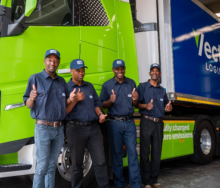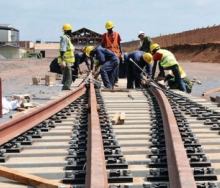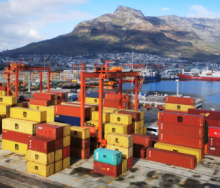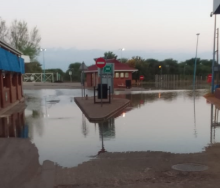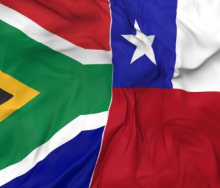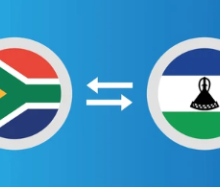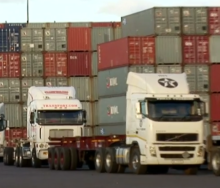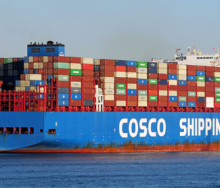A weekly ocean freight service through the Port of Maputo, initially instituted by Unifeeder in 2022 for citrus exports from Letsitele and the Lowveld in South Africa, is seeing strong uptake for exports from Matsapha in Eswatini.
The short-sea shipper’s owner representative for Southern Africa, Logan Naidoo, said the rail service out of the kingdom’s industrial heartland ran twice daily on a journey of about two hours to the Mozambican port.
Dry bulk loads from Eswatini’s flourishing sugar trade in particular, make up most of the exports sent to the terminal run by DP World, Unifeeder’s holding company.
On the export side they were handling about 20 TEUs per vessel, Logan said, confirming research done earlier this year by the US Department of Agriculture forecasting an increase of 10%, or 620 000 metric tonnes, of sugar exports.
With strong loads of bulk cargoes such as scrap metal in addition to dry bulk, Unifeeder was seeing strengthening interest in its Matsapha service to Maputo, said Logan.
Although imports are lagging exports, with about 15 twenty-footers with each inbound vessel, they’re confident that China, responsible for at least 80% of imports into Eswatini, will cotton on to Unifeeder’s link through the Port of Maputo.
“We want to capitalise on the potential of the Asian market and are working hard to secure the biggest market share for Swaziland.”
Talking of volumes on the citrus side, he said it was tracking below expectations, hence remodelling the intended cargo focus of Unifeeder calling at Maputo.
“The last two vessels we did 15 boxes.”
Nevertheless, the outbound services retain its cold chain efficiency of 10 days direct to the Port of Jebel Ali in Dubai – “exactly what the citrus guys want” – with a 14-day inbound return rotation that stops at Mundra and Nava Sheva in India as well as Mombasa in Kenya before heading for the ports of Beira and Maputo.
As for the bimodal rail-to-ship stakeholder participation from the various cross-border entities, Logan said it was a pleasure to work with state-owned entities interested in making things work, especially Eswatini Railways.
“They are the total opposite of TFR (Transnet Freight Rail). They are communicative and reachable and will send a train to the port whether there are boxes to pick up in Maputo, or not.”
He said the landlocked country clearly knew how important the Unifeeder service to the nearest port was for them.
“Everything works like clockwork. They don’t mind sending a locomotive with 20 wagons to pick up four boxes in Maputo. They’re that committed.”
He said stakeholder engagements between Swazi railways and their peers across the border, Portos e Caminhos de Ferro de Moçambique, happened on a regular basis to avoid any possible movement delays.
“They’re bending over backwards to accommodate us; the exact opposite of what we see with Transnet in Durban.”

